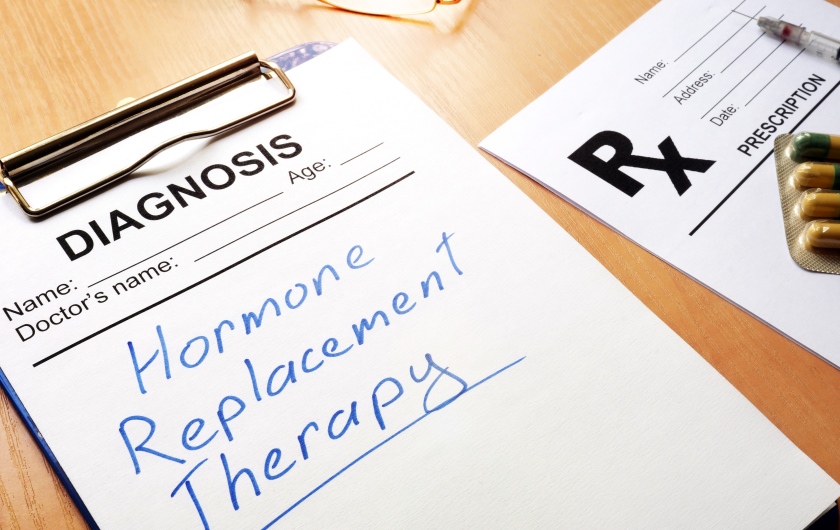A new study suggests a link between a woman’s sex life and when menopause occurs
Photo: iStock/Goodboy Picture Company.
The more often a woman has sex, the later she tends to begin menopause, a new study by researchers at the University College London suggests.
Studying the sexual patterns of 3,000 women between the ages of 42 and 52 over the course of 11 years, researchers found that among those who had sex once a week, 28% had yet to experience menopause by the study’s completion. The women in the study were 45 years old on average and most were married or in a relationship. Globally the average age of menopause is 50.
Women who had sex once a month were 19% less likely to have begun menopause than those who had sex less frequently. Menopause was considered to have begun once participants had seen 12 months of no menstruation.
“We believe this link occurs because the body experiences a ‘trade-off’ between continued ovulation and the termination of fertility,” Megan Arnot, the study’s lead author of the study, commented in a recently published analysis. She theorizes that the shift could make sense from an evolutionary point of view, by allocating energy for the raising of grandchildren over ovulation, for instance.
“Trade-offs are important within biology, as the amount of energy the body has to have to expend on physiological processes is finite. In other words, energy used for one thing cannot be used for another, and once it has been used it is gone,” she said.
Another hypothesis is that exposure to sexual activity and male hormones delays menopause because it signals to the body that there’s still time to fit in another pregnancy.
While the study provides plenty of food for thought, Arnot is cautious about the link.
“It’s important to highlight that our research is purely showing that there is an association between sexual activity and age of menopause, and we are not suggesting that increased sexual activity definitely causes women to experience a later menopause,” she said. “There are of course many contributing factors to the age of menopause—levels of sexual activity just being one of them.”






